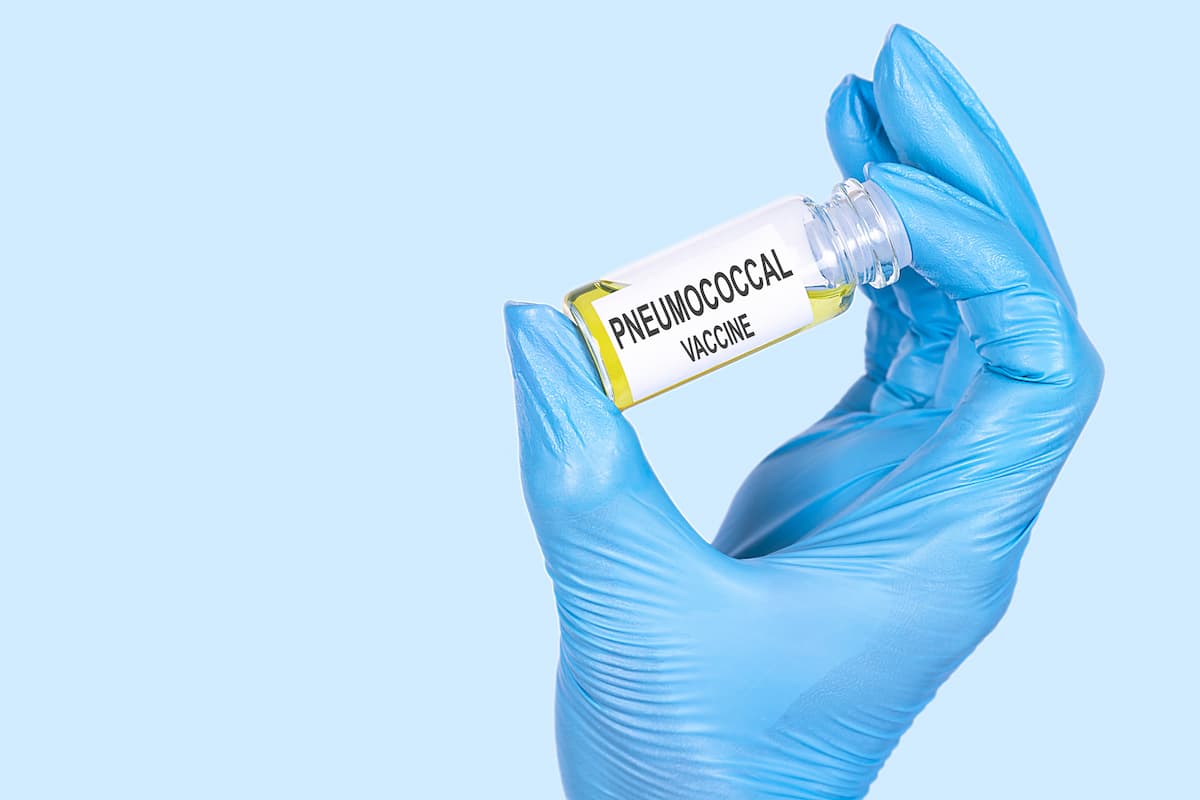Article
Guiding Principles for a Review of Compounding Activities
A guide to how compounding activities need to change in the wake of the meningitis outbreak associated with the New England Compounding Center.
As all pharmacists should be aware, our profession was shattered by the tragic meningitis outbreak that began in late 2012 and was caused by the New England Compounding Center’s national distribution of sterile products tainted by a fungus. Not only did this exact a significant toll on individuals who received these products, including patient deaths, it also led to questions about lapses in state regulations for compounding pharmacies and the role of health-system pharmacists who purchased outsourced products such as those produced by the NECC.
In the aftermath of this tragedy, new legislation has been passed that aims to balance the rights of pharmacists to compound medications for patients' legitimate medical needs with controls at the state and national level designed to provide oversight of compounding facilities. The new federal legislation, signed into law in November 2013, is called the Drug Quality and Security Act. It refers to 2 types of compounding pharmacies. Section 503A allows for traditional local compounding, such as we have always had. Section 503B, which is new, codifies a licensure process for “outsourcing facilities,” or sterile compounders. This section applies to national companies that prepare compounded medications in advance of a patient prescription. While licensure is completely voluntary, those facilities that apply for it must fulfill a number of requirements, including paying a fee, complying with Good Manufacturing Practices, and being open for FDA inspections.
The legislation will help improve pharmacy practice. However, it requires each practice site to conduct a full inspection of its current operations. This is one of the most important steps to ensure continued optimal patient care. While performing this process, there are a few requirements that should be taken into account.
- Have an individual within the department who is extremely knowledgeable about compounding. Every pharmacy that prepares and administers chemotherapy should have at least 1 individual on staff with expertise in oncology. These individuals will usually be BCOP certified. When questions arise about certain protocols or side effects from chemotherapy, they can be consulted. There are probably other specialists for different clinical domains present as well. Do you have a staffer with a similar skill set for compounding? Have they received special training or certification, just like the clinical specialists? Most organizations probably do not have such a staffer, because they are difficult to find. However, with the increasing focus on compounding and continuing drug shortages, it is essential to have a person with this expertise who can oversee the department’s compounding practices.
- Require your organization to follow best practices for compounding. United States Pharmacopeia (USP) Chapters 795 and 797 are enforceable guidelines for non-sterile and sterile compounding. Failure to follow these guidelines at all times could lead to patient harm from inappropriately prepared products. While these standards need to be continually updated as new data emerges on best practices, they should be used as a framework for guiding all compounding practices.
- Establish hospital or health-system policies and procedures guiding purchases of medications by clinics. As health care organizations become more diverse and complex, opportunities for medication purchasing and administration increase. In addition, most of the large compounding companies have sales representatives that market their products directly to physicians. If the Pharmacy and Therapeutics Committee does not have policies barring these purchases without pharmacy oversight, purchasing of compounded products from inappropriate sources may occur.
- Require your department of pharmacy to purchase compounded products only from 503B-approved facilities. Since the new registration process is completely voluntary, market forces will need to be used to pressure companies to take this step. If a department of pharmacy has a legitimate need to use outsourced sterile preparations, they should only be purchased from 503B-registered “outsourcing facilities.” Failure to do so will remove the incentive for companies to be registered and could lead to patients receiving tainted products.
While none of this will be easy, it is essential for pharmacists to retain ownership over compounding and to provide our patients with confidence that we are exercising appropriate oversight of the drug supply chain.
How has your department responded to the new compounding regulations? I would enjoy hearing what you have done.





